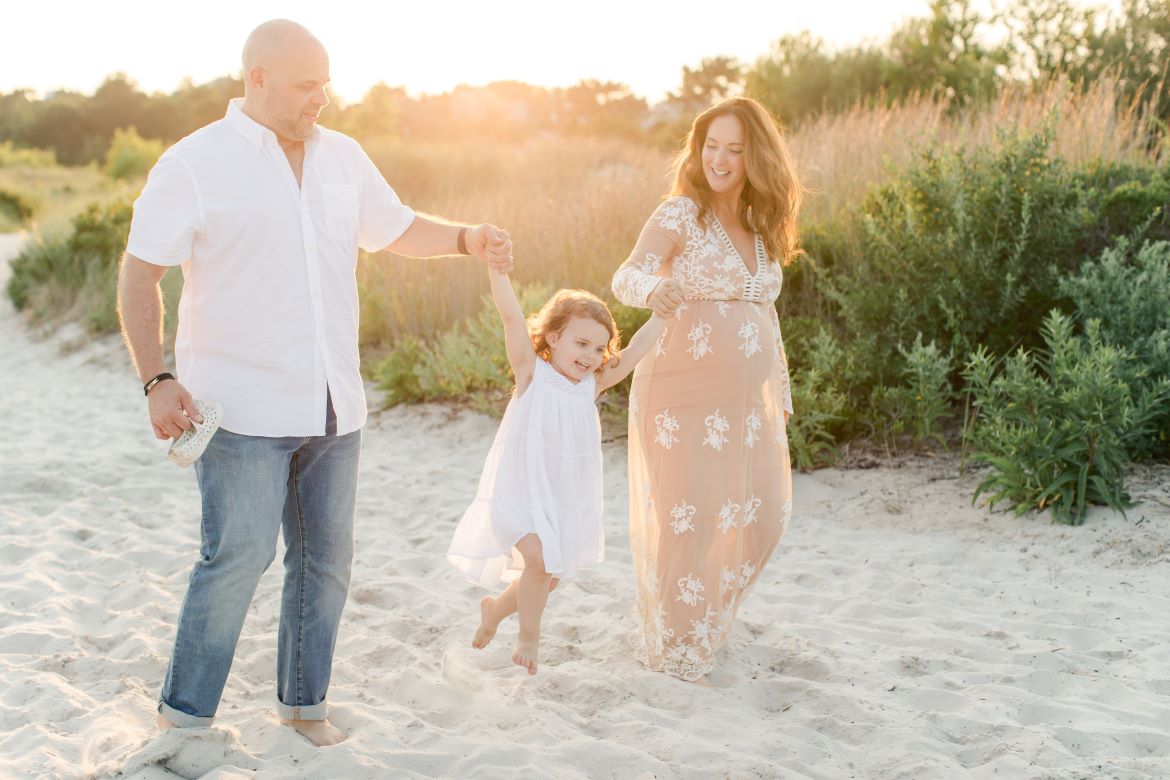By Lelia Schott
When I first started advocating for nonviolent parenting online, I didn’t know anyone in my actual life who didn’t use punishment or advocate for it. I met a couple of my mentors online. This helped me to feel less alone. It’s tough to parent differently without support. Even the spiritual, mental and physical health advocates I knew discounted the impact of punishment on the wellbeing of children and society at large. It felt hopeless in South Africa. Domestic violence, divorce, corruption, crime, bullying, and femocide are escalating, and the average parent or educator fails to see the connection between familiar abuse and the problem at large.
Now, it is much more familiar. As a Gen X I am overjoyed! Many of my mentors and colleagues have been writing books and articles for years advocating a more gentle, conscious, peaceful, connected parenting practice. From the bookstore to parent classes, I’ve watched most of my generation struggling to grasp the concept of raising children without punishment. However the tide is turning.
There has been progress and many professionals, young adults and teens are on fire embracing this information and making it look so relatable. There is a wealth of resources on recovering from childhood abuse, attachment theory, conscious love and how to reparent yourself, raise a family, teach and lead with science-based, emotion-focused practices.
Parenting, teaching and leading consciously is easier said than done. We all think we will find parenting easy until we have children. Raising children does awaken unresolved stress and programming in us all, like nothing else can.
No parent is ALWAYS conscious, gentle, positive, peaceful and authentic. We have to CHOOSE to be and practise moment by moment…day after day. The more we practise, the stronger we grow.
This is for you and you and you out there aspiring to raise yourself as you raise your children.
Thank you. You’re making a big difference in your own heart and home and it is having a ripple effect. Practically and energetically it has to!
We aspire to show our children unconditional respect, love, and understanding.
In many instances, it would be more convenient to just overpower them to get our way. We have to remind ourselves that we are parenting to empower them, to practise what’s taken us so long to understand.
There are two ways to use power. The first is to overpower through manipulation (aka punishment – withdrawal of love, attention, or privileges) and the second is to empower through inspiration (aka integrity, consciousness, connection, compassion, non-violent communication, cooperation and so much more!) .
Practising non-violent communication from the beginning of life is the ideal. The world is yet to experience a full generation of children raised without violence in their schools and homes.
There is so much we have to unlearn. Reframing how we think and talk is a daily practice. When we choose daily to practise better ways to inspire children’s hearts, we are all internally motivated to choose love over fear, and empowered individually and collectively.
It helps to talk to children about feelings that make us feel powerless. And how tempting it can be to overpower others when we feel this way. There are also times when we have to use our power to defend ourselves.
Staying connected through compassion and communication builds resilience and understanding.
More than anything, we want children to know that they are loved for who they truly are. We need to protect their essence and ensure that their worth is not dependent on their appearance and performance for adults’ convenience.
We are all called to grow as we grow humankind.
We often make mistakes when we are stressed. It makes sense. It’s human to have a stress response.
Practising how to return to anchored after anxiety is the goal.
Remember, we don’t get there by being critical of our children and we don’t get there by criticising ourselves either.
Being hard on children does not make them stronger. We are all strengthened through compassion and understanding. Irrespective of gender or age.
The secret to supporting our children emotionally is to support ourselves first.
This obviously isn’t easy peasy lemon squeezy. This is why most parents don’t respond how they intend to and why we are here supporting one another on this journey.











